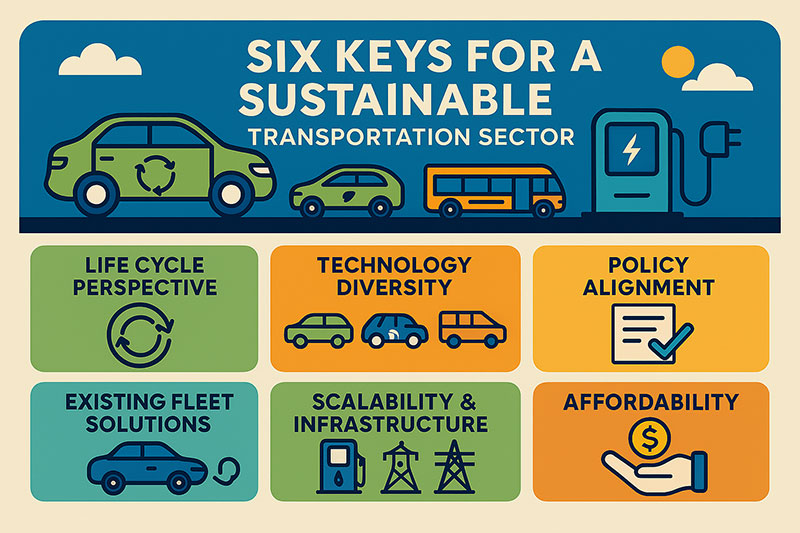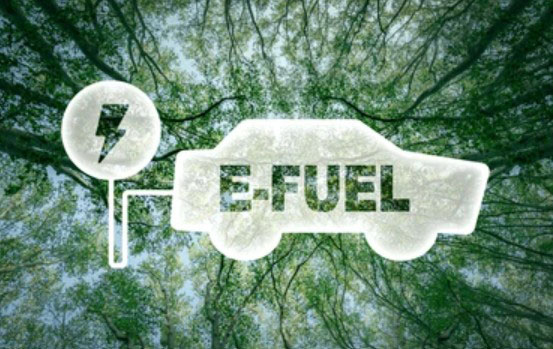April 22, 2021
The EV market is expanding rapidly and so are policies supporting its growth. But with each state and region adopting its own programs, incentives, and regulations around EV charging infrastructure, it can be difficult to evaluate whether, how and where to enter the market. The Transportation Energy Institute reviewed regulations in all 50 states, three Canadian provinces and 100 metropolitan statistical areas (MSAs) to help stakeholders navigate the complex web of diverse regulatory requirements.
“Essential to the growth of any market is the need for regulatory certainty and clarity,” said Transportation Energy Institute Executive Director John Eichberger. “Our latest report takes an objective view of the current regulatory structure surrounding EVSE deployment and operations and will help stakeholders and policymakers better understand what requirements business leaders must accommodate in order to enter the electric vehicle charging market. Hopefully, this view into the current system will yield a more coordinated and efficient regulatory environment that will benefit businesses looking to enter the market and facilitate the achievement of public policy objectives.”
The report analyzes commonalities and differences among the various public charging policies governing the installation and operation of EVSE and groups jurisdictions into five archetypes. These archetypes range from states with light-duty ZEV mandates and a host of policies addressing installation and operation of public charging EVSE to states with no policies at all. The report also dives into the cities and counties who have set ordinances or other regulations governing EVSE installation and any commonalities or inconsistencies that exist.
Aside from comparing and contrasting policies, the report also identifies which policies seem best suited to facilitating the expansion of public charging, such as by reducing complexity and cost. In order for a policy to be effective, barriers to compliance need to be removed. One such example is streamlining permitting, which would appear to have a large impact on effectiveness of the process.
As EV charging continues to grow, governments continue to tackle new issues to facilitate the expansion of charging. Some of these issues include managed charging, interoperability (both consumer-facing and systems management interoperability), and open access and payment. Addressing these issues in the right way is extremely important for public charging companies and site hosts who want to provide a seamless, efficient experience to their customers.
“The Transportation Energy Institute Electric Vehicle Council was formed to bring together individuals and organizations with experience and interest in the EVSE market,” Eichberger explained. “This report was commissioned by the Council and peer reviewed by its members, many of whom have intimate familiarity operating within the existing regulatory structures. The experience this group brings to our process ensures that this paper is a must-read for anyone interested in EVSE deployment.”




